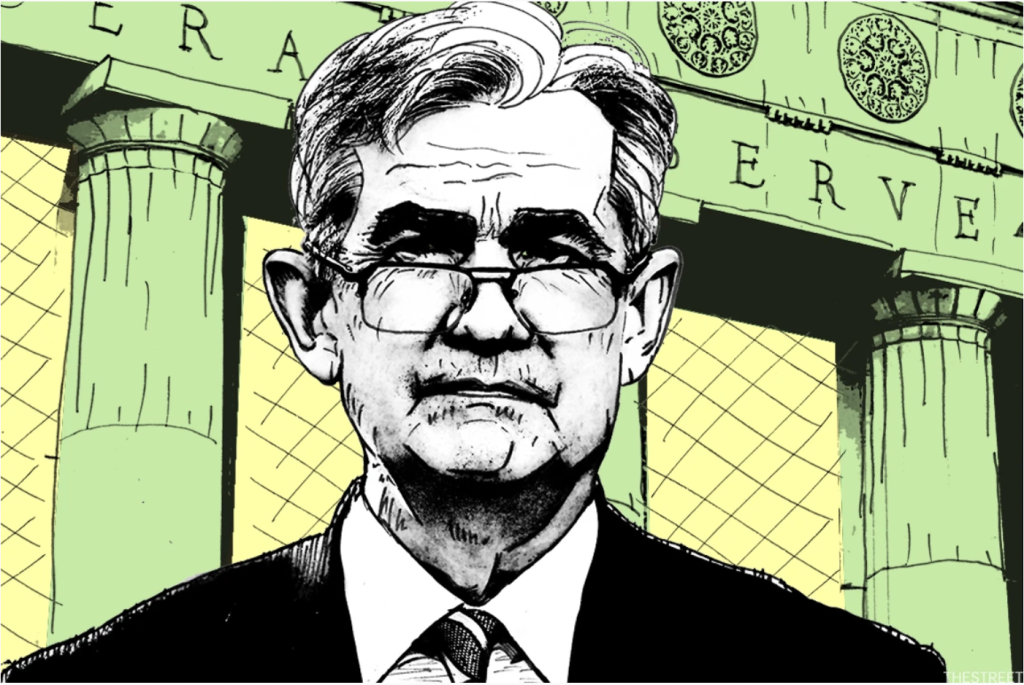Scarcity. What we don’t have scares us. It fixates us. At times, we can think of nothing else.
Take, for example, the economic situation facing the U.S. There are troubling signs of a potential recession plus the very real pain of inflation and shortages (e.g., housing and baby formula). Layoffs are happening. Interest rates are rising. Gas prices are breaking records. Stocks are tanking.
It can seem as though there isn’t enough to go around and that we are all competing for limited resources. This isn’t exactly the new normal any of us hoped for after two years of Covid-crippling life.
It is completely justifiable to feel frustrated by these economic circumstances and to worry about what comes next.

However, on the road to self-improvement, we might benefit from readjusting our thinking before the scarcity mindset takes firm hold over us and blinds us to other aspects of our lives, including opportunities.
A scarcity mindset is defined by wellness site verywellmind as “A pervasive feeling of not having enough—whether that be time, money, connection.” Some researchers believe that scarcity thinking uses up our brain power (because the mind can only do so much at any one time) and effectively makes us less smart while we are in its grip. It diminishes our decision-making abilities and impulse control.
While in scarcity mode, we fixate on what we don’t have to the exclusion of everything else. This type of thinking can help us survive when it’s freezing outside and we must focus almost entirely on finding shelter and warmth.
But while many of our survival instincts help us in life-or-death situations, they can work against us when it comes to surviving modern life and achieving personal growth. Using scarcity as a guide, we can’t hunt down lower interest rates that no longer exist. We can’t build shelters wherever we want to because of zoning laws and other regulations. We have to work within society’s contemporary parameters with our adaptable brains that are also wired for cave days.
This means we have to find ways to chill out the thoughts that repeatedly tell us what is missing, that we need to find it now, and that if we don’t solve this problem we will be doomed. That thinking in turn leads to worry, fear, stress, rumination, and inaction.
In order to quiet a rattled mind, it’s important to take actions to control the things you can control. For instance, if you’re worried about your financial future, you can make choices related to your work, housing, and spending. I’m not saying that you’ll love those choices (who does in 2022?), but you can take some actions that position you positively for the next year or two or more.
It’s not that the problems or uncertainty will go away, but when you take action, you get past the frozen state of worry and begin to show yourself that you have agency and can be relied upon.
In other words, you’ll feel more empowered if you polish your resume and start applying for jobs than you will sitting around smoking cigarettes and stressing out about whether you’re going to get laid off.
These are not easy mindsets to shift or easy actions to take. You don’t just shake off scarcity one day and find yourself healed. It can be a constant battle against the crippling thoughts. The key is developing self-awareness so that you can identify how you’re thinking and how it’s impacting you. The more you notice the patterns, the easier it is to break and change them.

Many in the self-help world recommend switching from a scarcity mindset to its opposite, an abundance mindset. With abundance, there’s joy in believing that there’s enough for you and everyone else. Instead of seeing the world in terms of insufficient resources and fighting for your share, you can wish others well while you also strive to flourish.
Along those lines, psychologist Dr. Maggie Mulqueen recommends that her patients aim to be generous when they are overcome by feelings of scarcity.
Mulqueen writes: “Generosity allows us to believe there is enough to go around, which helps us relax. As a result, we think more creatively and feel better. Knowing we have something to give, rather than believing we have nothing to share, breaks down our protective barriers and opens us up to connecting with others. That connection is essential for shoring up our mental health when weathering a rough period.”
So invite a friend over for dinner, share cookies with your neighbors, donate money or time to a charity, teach your nephew how to play the drums, or whatever it is that feels natural to you. The recipient will feel better and so will you.
Go flourish, my friends.
Note: The top picture for this post is of “Fallen Star” on UC San Diego’s campus. This permanent art installation was created by artist Do Ho Suh.






Bravo my friend…
Thoughts Words
and Deeds. 🌻
Thank you, RL! I like your trio of thoughts, words, and deeds. All need to be in alignment!